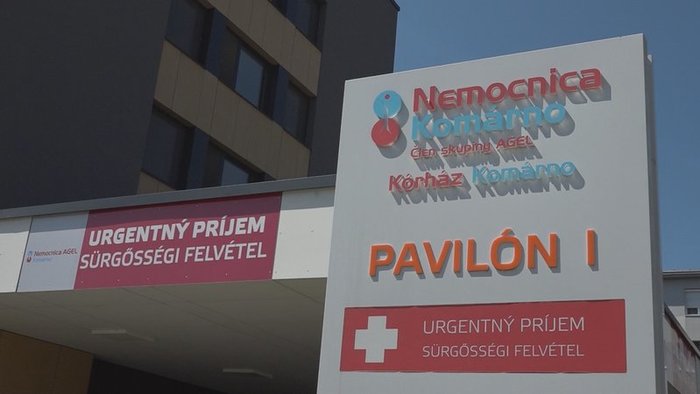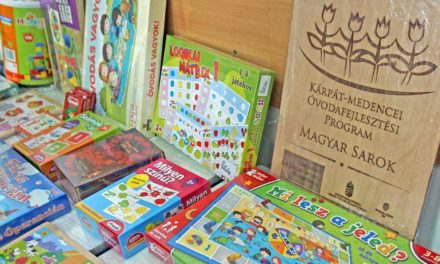The new hospital reform of the Slovak Ministry of Health will soon be negotiated between ministries, which, according to leaked information, would also demote hospitals in several Hungarian-inhabited settlements to the lowest category. If the news is to be believed, this would put hospital care in Komárom, Nagykürtös, Ipolyság, Rimaszombat, Tőketerebes and Királyhelmec in jeopardy, reports korkep.sk .
the tvnoviny.sk report, among others, the above-mentioned hospitals may be in danger, because the lowest category, 5th, means that they could only operate as community hospitals in the future.
Speaking to tvnoviny.sk, Miroslav Jaška, the director of the hospital in Komárom, said that if the ministerial reform really demoted the institution, it would only be able to provide basic care, i.e. follow-up care and rehabilitation care. So, for example, surgery, neurology and the oncology department would cease to exist. The hospital would also not be able to receive ambulances transporting patients in need of emergency care.
In essence, the entire population of the city and district would have to go to another hospital for care, many employees would be out of work, the investments already started could not be realized, and the subsidies received for those completed would have to be repaid.
The Ministry of Health did not want to comment on the matter for the time being, as the reform draft has not yet been submitted for inter-ministerial consultation.
Language rights, less investment, petitions
The first to react to the news was József Nagy, a politician from Zöszefogas on his social media page. In his post addressed to the Minister of Health, he calls for language rights to be taken into account in the downsizing of the hospital network called "reform".
It is not enough to calculate the territorial availability! The reform must follow the interests of the patients and not only the health insurers!
said Nagy.
A few hours later, Zéfgags also condemned the planned actions of the Ministry of Health. It was emphasized that
"It is feared that the reform would affect the hospitals of Hungarian-inhabited districts the most, so we must act as soon as possible against the discriminatory effects of the reform plan. If the news published in the press about the hospital in Komárom are true, the care of nearly a hundred thousand people, most of whom are Hungarian, will be at risk. The hospital is currently undergoing multimillion-dollar improvements, if the reform plans are not changed, these EU grants will also have to be repaid."
In a statement, the party indicated that it will initiate a joint tripartite action in the matter, coordinated with the maintainer and all the municipalities concerned, in which they will call on the governing parties to reform the health sector based on the principles of transparency and regional development, and also draw attention to the fact that the reform draft must include guarantees to ensure that native language communication is available during hospital care.
MKP was the last to speak on the matter. According to their announcement, the National Board of the party dealt with the news published in the press, and then condemned the draft law in a decision.
"Hospitals condemned to be downgraded would thus be made practically impossible by the Ministry of Health, and the citizens of the affected regions would be put in danger. (…) This is neither logically nor medically ethically founded or justified. After all, we are talking about regions where it is important for the patient to be able to communicate with the doctor in their native language, and emergency surgical and neurological care is also in great need in these regions!”
the party's presidency says that, if necessary, it will also initiate a signature collection and, with the help of the citizens, try to achieve that "this insensitive aspiration does not come true".
Krisztián Forró added to the above in his post published on his social media page that
"To me, it is deeply moving that they want to count medical care in our region that is still available in the mother tongue."
Photo: TV Markíza













